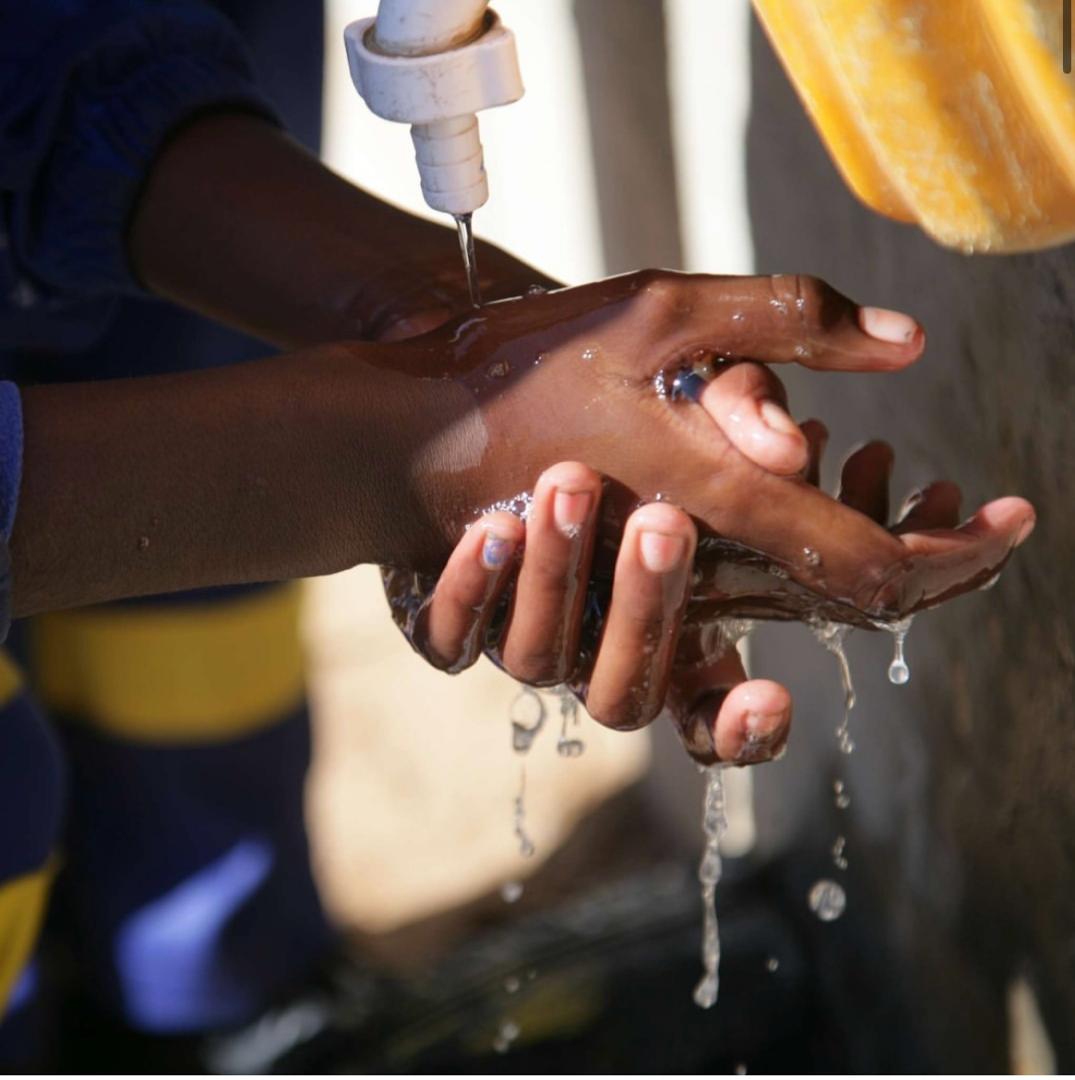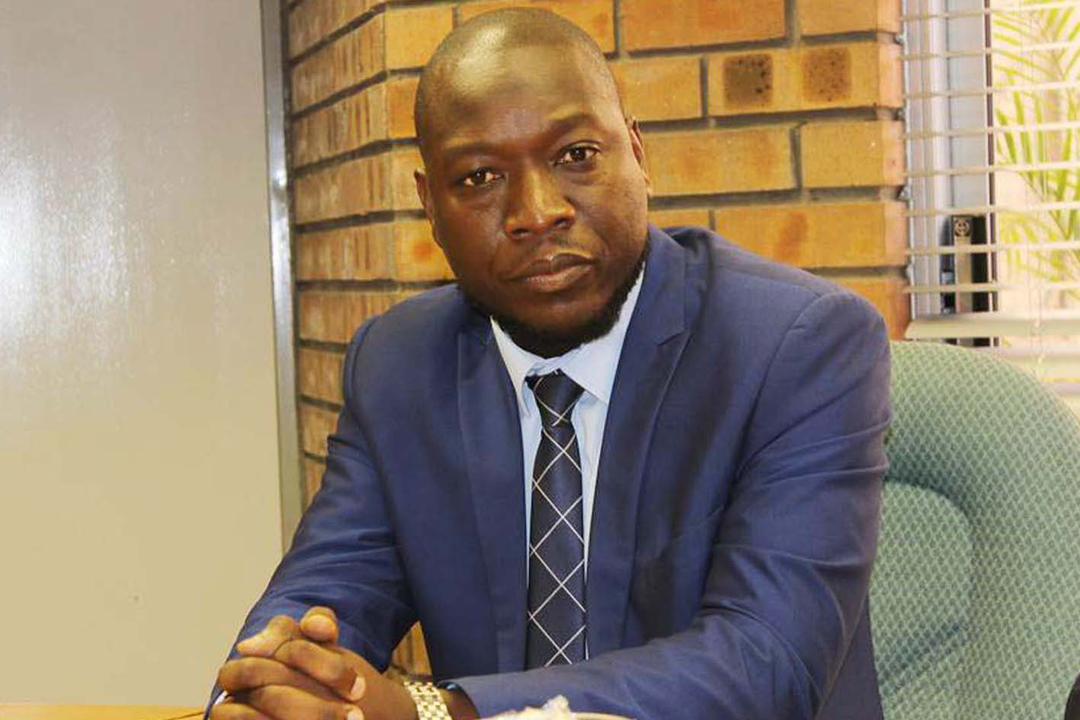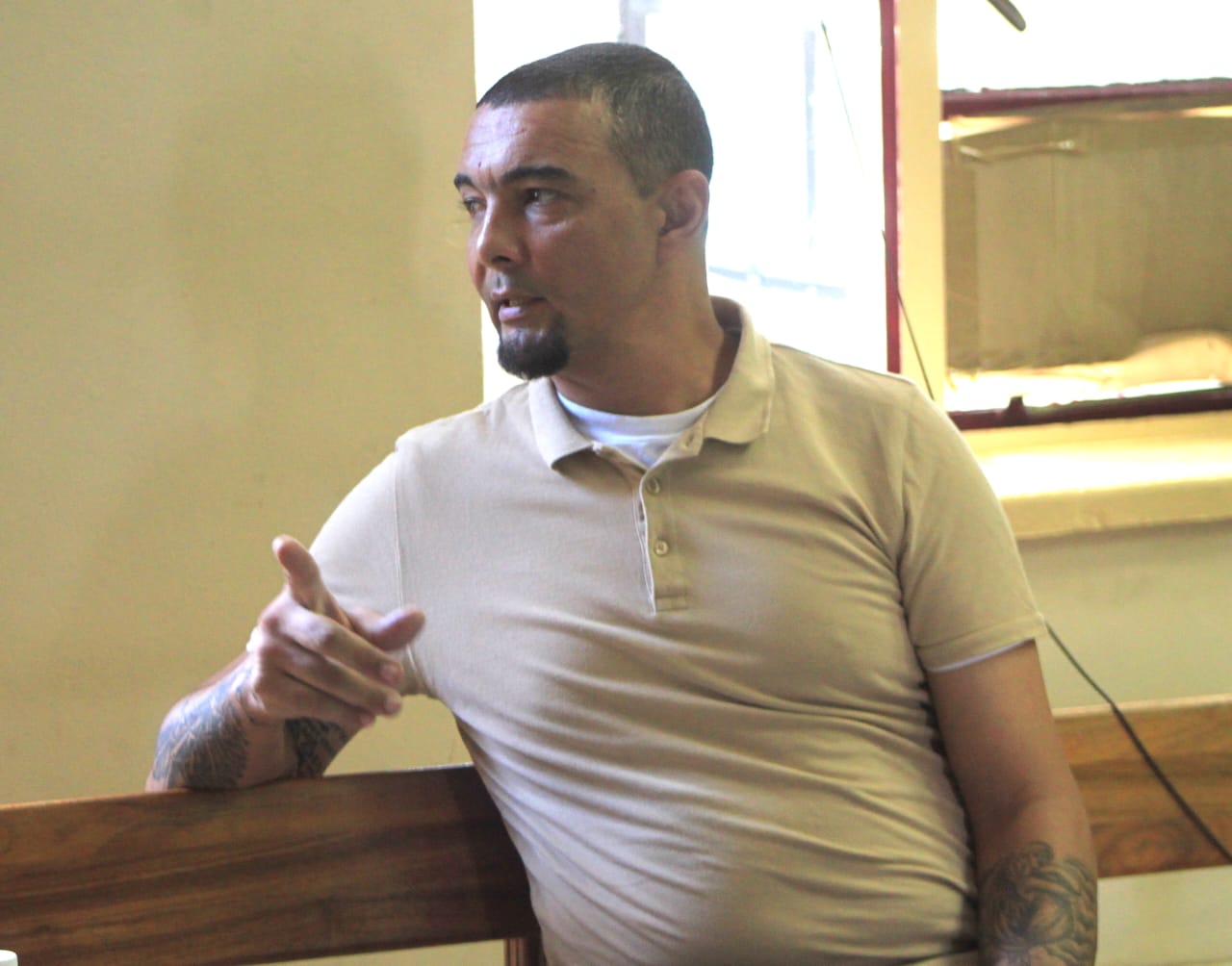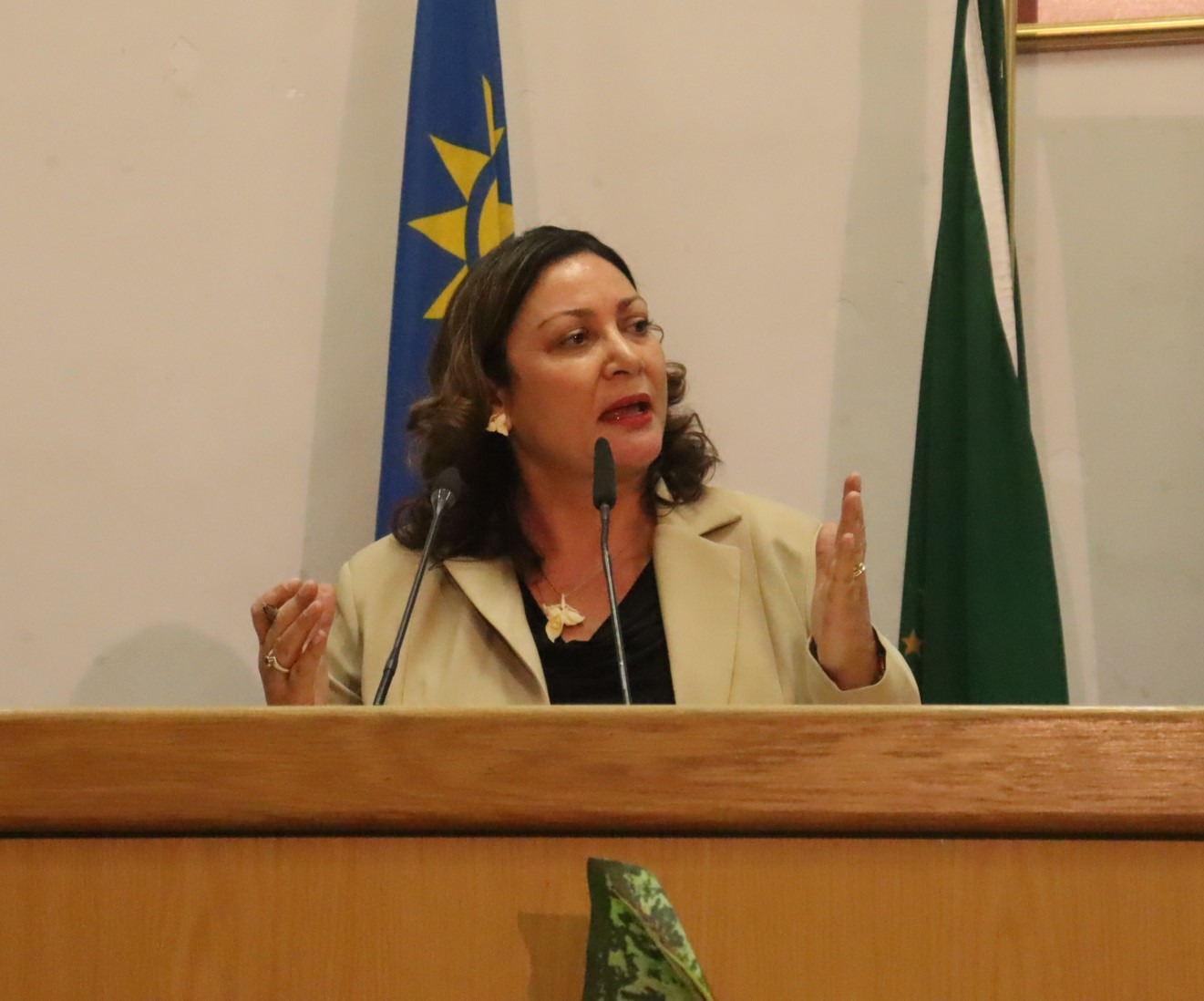Health minister Kalumbi Shangula has dispelled reports of a dysentery outbreak in the country, particularly in Windhoek, amidst reports of increased cases of diarrhoea.
Dysentery is an infection of the intestines that causes diarrhoea with blood.
Some residents on social media have linked the rise in diarrhoea cases to the City of Windhoek’s tap water.
“We don’t have an outbreak of dysentery anywhere in Namibia. There are sporadic cases of diarrhoea, which are not unusual. The public is encouraged to observe personal hygiene,” he told The Namibian this week.
Dysentery can be caused by various factors including viruses, bacteria, parasites and chemicals.
City of Windhoek spokesperson Harold Akwenye confirmed that no formal complaints related to water quality have been received by the municipality.
Apart from personal hygiene, medical doctor Bernard Haufiku cautioned the public to minimise or totally avoid handshakes during mourning or other serious family events to prevent the spread of disease.
“We can greet the Zambezi way. It’s much safer. Hand washing at all times, but more specifically after using a toilet or after a call of nature. The public washing basins should actually be inside the toilet room itself so that after helping oneself, you reach nothing before washing your hands,” he said.
He further advised that people should thoroughly cook food like pork and fish to prevent the transmission of bacteria and other pathogens.
Stay informed with The Namibian – your source for credible journalism. Get in-depth reporting and opinions for
only N$85 a month. Invest in journalism, invest in democracy –
Subscribe Now!









